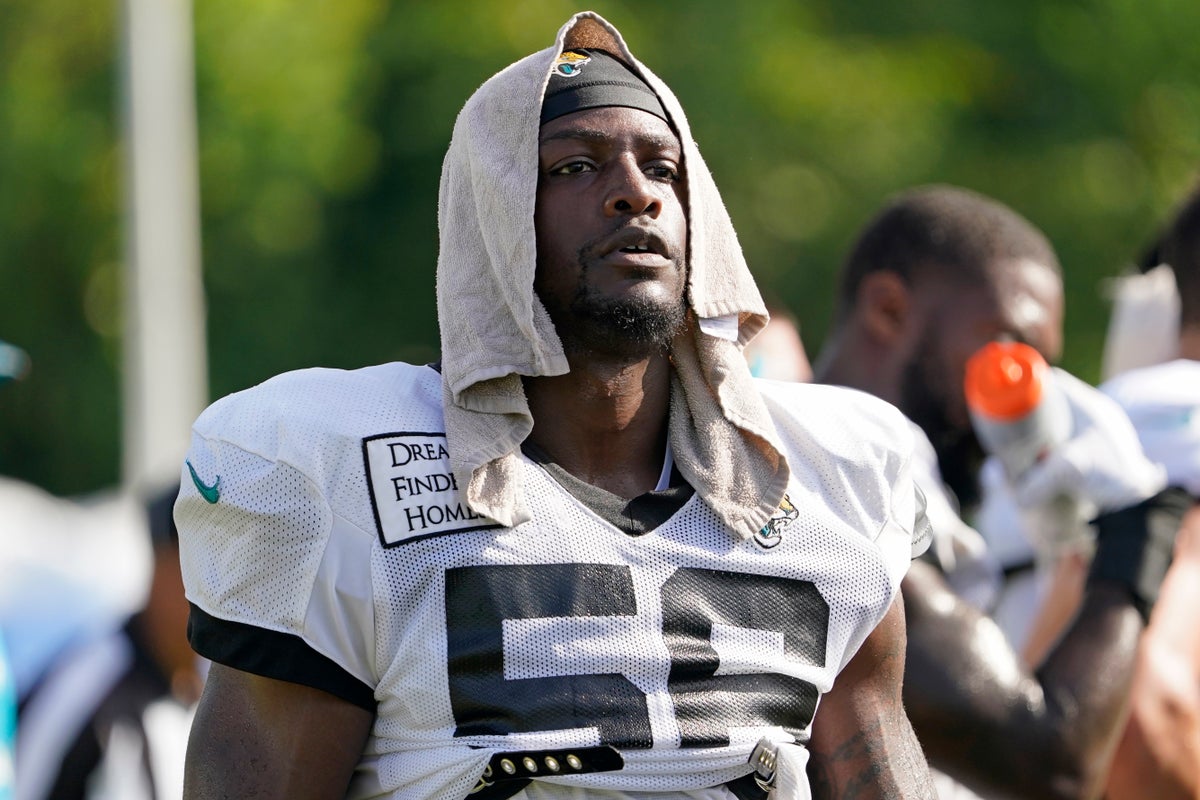
NFL chief compliance officer Sabrina Perel has been busy this spring.
As the leader of the NFL’s efforts to educate and train the approximately 17,000 players, coaches, team personnel and others about the league’s gambling policies, she’s in the throes of an annual pilgrimage of sorts.
With training camps opening in less than a month, she’s already visited with more than a dozen NFL teams, and leaves them with the same parting message: “You need to follow the policy at all times. … because this truly does impact the entire team.”
The reason the NFL has been motivated to get its personnel on the same page was again in the spotlight Thursday when the league suspended four more players for violations of its gambling policy. Three received yearlong bans for betting on NFL games and one a six-game suspension for wagering on non-NFL games.
It brings the total to 10 players disciplined over the past two years as the league vows to increase training efforts across the board with an eye toward protecting the integrity of the game.
Experts believe the rash of suspensions is part of a new reality for the NFL and other leagues with more violations likely on the horizon. But they don’t think it’s near reaching a critical mass that could cause fans to question the product on the field.
“I think we are still going to see some growing pains. I think we’re going to see probably an uptick while these suspensions play out,” said Oklahoma State professor John Holden, who holds a Ph.D. in sports law and corruption of sport.
The NFL believes blanketing its personnel with information is the best remedy in an era where the association between the league and gambling companies continues to grow.
“To ensure the integrity of the game, we have to double and triple and quadruple down on our education efforts,” NFL executive vice president of public affairs Jeff Miller said. “And that’s just what we’re doing.”
Of those suspended for gambling policy violations since the start of 2022, three players and one assistant suspended were disciplined for betting on non-NFL sports.
Holden thinks the suspensions playing out in the NFL are more than a statistical anomaly. He believes there are likely more investigations that will be revealed in the coming months.
“I wouldn’t expect that we’ll see a ton more of guys getting suspended for betting on NFL games. At this point, that message should be getting home,” he said. “The other stuff, betting from the team facility on NBA games or MLB games, college football. … I think it’s probably going to be something that we see every year.”
That carveout that allows players to place wagers on other sports is not collectively bargained for, Miller said, adding that it’s part of discussions with the NFLPA and “has existed for a long time” and not different from what the NBA, MLB and NHL allow.
“The only distinction being the availability of it,” Miller said. “And so, on the area where it governs league personnel or team personnel or coaches or others, it’s a decision that we can make more unilaterally.”
Miller said conversations will be ongoing with the union.
A message left with the NFLPA was not immediately returned and the union has yet to comment publicly since the latest round of suspensions.
At the introductory news conference for new NFLPA Executive Director Lloyd Howell on Wednesday, NFLPA President JC Tretter declined to answer a question regarding what actions the union was planning following the recent rash of gambling policy infractions.
Creighton sports law professor David Weber said while wading into gambling on non-NFL games “provides players some avenue to engage in this form of entertainment, it puts the risk of compliance with the policy squarely on the player.”
Former NFL quarterback and CBS Sports analyst Boomer Esiason believes players have lost the right to cry ignorance of the rules.
“Any player that comes out and says, ‘Well, they didn’t tell me,’ that’s a pile of crap,” Esiason said Thursday during his WFAN radio show. “It’s on the player to be the professional that you’re supposed to be and earn the money that you’re earning and play in a league that you’re privileged to play in, and protect that league’s integrity by not betting on the league.”
As far as the seemingly contradictory league policy that prohibits coaches and other league personnel from wagering on non-NFL sports, Perel said that she didn’t anticipate any changes.
“There’re just so many people who either have inside information or have access to inside information,” she said. “And we just kind of feel like, to have them gambling in any regard, it’s a little counterproductive to what we’re trying to do to make sure that there’s no negative appearance or association of the fact that they might be betting on other sports.”







